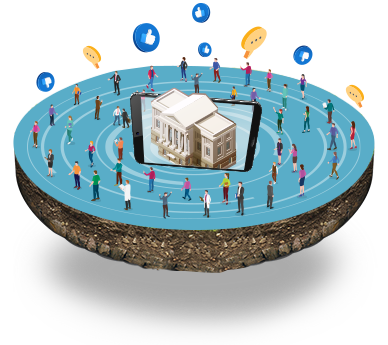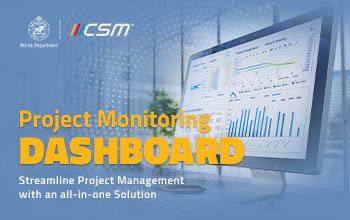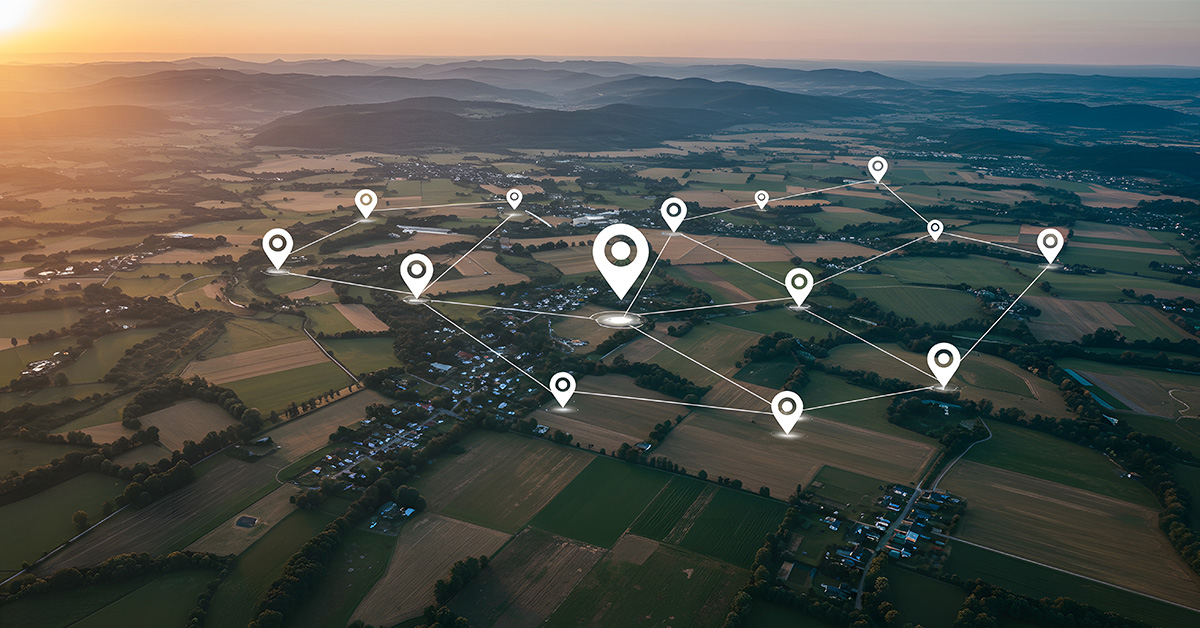Cyber threats have become a global concern, with cybercrime projected to cost the world economy $10.5 trillion annually by 2025. Organizations worldwide are experiencing increased ransomware attacks, phishing scams, and data breaches, making cybersecurity a top priority. Kenya’s digital transformation has accelerated over the past decade, driven by mobile penetration, fintech innovations, and government-led digital initiatives. However, with increased digital adoption comes a rise in cyber threats, making cybersecurity a critical focus area for businesses, government agencies, and individuals.
.jpg)
The State of Cybersecurity in Kenya
Kenya has become a hub for digital innovation in Africa, with a thriving fintech sector, e-commerce platforms, and digital government services. However, this rapid digitization has also increased cyber threats, ranging from ransomware attacks to data breaches. According to the Communications Authority of Kenya, cyber incidents increased by 25% in 2024, with a notable 68% rise in ransomware attacks.
To address these challenges, Kenya has established institutions such as the National Kenya Computer Incident Response Team Coordination Centre (National KE-CIRT/CC), which monitors and mitigates cyber threats in real-time. Additionally, the government has introduced cybersecurity policies, such as the National Cybersecurity Strategy (2022-2027), to strengthen national cyber resilience.
Key Cybersecurity Challenges in Kenya
- Rising Cybercrime Rates – The increase in cyber-attacks targeting financial institutions, government systems, and small businesses highlights the need for enhanced security measures.
- Limited Cybersecurity Awareness – Many organizations and individuals lack adequate knowledge of cyber risks, leading to personal and corporate data security vulnerabilities.
- Weak Regulatory Compliance – While Kenya has cybersecurity laws, enforcement and compliance remain inconsistent across industries.
- Shortage of Cybersecurity Professionals – The demand for skilled cybersecurity professionals far outweighs the supply, creating gaps in security implementation and monitoring.
- Increased Use of Digital Financial Services – With the rise of mobile money services such as M-Pesa, cybercriminals are targeting digital transactions, leading to fraud and identity theft cases.
Government and Industry Initiatives
To combat cybersecurity threats, the Kenyan government and private sector have implemented various measures, including:
- National Cybersecurity Strategy (2022-2027) – A framework to enhance Kenya’s cyber resilience through public-private collaboration and capacity building.
- Cybersecurity Training and Awareness Programs – Initiatives led by organizations like the Kenya Cyber Security and Forensics Association (KCSFA) aim to equip individuals and businesses with the necessary skills to mitigate cyber threats.
- International Partnerships – Kenya has partnered with global allies, including the United States, to enhance cybersecurity capabilities and intelligence sharing.
- Data Protection Act (2019) – A regulatory framework ensuring organizations comply with data security standards to protect user information.
Best Practices for Enhancing Cybersecurity in Kenya
- Regular Security Updates – Organizations must update their software, systems, and applications to protect against vulnerabilities.
- Cybersecurity Training – Employees should receive regular training on phishing attacks, password security, and secure online practices.
- Multi-Factor Authentication (MFA) – Implementing MFA adds an extra layer of security, reducing the risk of unauthorized access.
- Incident Response Planning – Businesses should have a robust incident response plan to quickly detect, respond to, and recover from cyber incidents.
- Encryption and Data Protection – Encrypting sensitive data and implementing strong access controls can prevent unauthorized data breaches.
Conclusion
Kenya’s cybersecurity landscape is evolving in response to growing cyber threats, necessitating a proactive approach from businesses, government agencies, and individuals. While significant progress has been made through policy frameworks and cybersecurity institutions, continued investment in awareness, skills development, and technology is essential.
For more than 15 years, CSM has been a pioneer in delivering Infrastructure, Application, Network Security, and Cloud Security. With our deep industry expertise and pragmatic approach, we have aided hundreds of organizations.
CSM’s security services include Disaster recovery and business continuity, continued monitoring, Data loss prevention, Email security, Data encryption, and many more. The cyber security application has been used in most popular CSM solutions, such as Crop One in agriculture and i3MS in mining. We help our clients’ organizations be agile, innovative, and secure.
With CSM’s cloud-based security services, businesses can eliminate the cost and hassle of provisioning, managing, and scaling security hardware and software, ensuring fast, consistent delivery of the newest security technologies & updates, enabling you to remain compliant and reduce risk. CSM provides cloud services by engaging with different MeitY-employed cloud service providers (CSPs). We can facilitate and offer various cloud-based services to the Government, PSUs, and Private Sectors through this.
By prioritizing digital security, Kenya can foster a resilient cyber ecosystem that supports its digital economy and protects critical infrastructure from emerging threats.





























.jpg)





























We will verify and publish your comment soon.